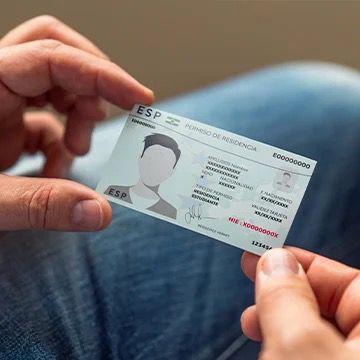
1. *Arraigo.
Arraigo is the main route to legalization for illegal immigrants. It is divided into several types:
– *Arraigo Social*: To obtain this residence permit, one must have lived in Spain illegally for at least three years. The candidate must provide proof of residence (e.g. registration with a municipality, medical records). It is also necessary to have an employment contract of at least one year and letters of recommendation from the social environment.
– *Arraigo Laboral*: This route is for those who have worked in Spain illegally for at least six months and can prove it (e.g. by court decisions or administrative acts). Proof of having been in Spain for two years is required.
– *Arraigo Familiar*: Available to those with direct relatives who are Spanish citizens or legally resident foreigners (e.g. children, spouses). In this case, proof of kinship and legal residence of the relative in Spain is required.
2. *Refugee status or humanitarian protection
If a person has fled their country because of persecution, war or a threat to their life, they can apply for refugee status or humanitarian protection. To do so, one must apply to the Office of Refugee Affairs (Oficina de Asilo y Refugio) and provide proof of the threat. The process may take some time, but provides legal status while the application is being processed.
3. *♪ Work and study ♪
Another way to legalize is to get a student visa or a work visa. To do this, you need to find an educational institution willing to accept you or an employer willing to give you a job. Study visas require proof of enrollment and payment of tuition fees, while work visas require an employment contract and compliance with labor market requirements.
4. *Marriage or partnership with a Spanish citizen.
Marriage to a Spanish citizen or a person with a residence permit can be the basis for obtaining residency. It is important to note that the Spanish authorities scrutinize such unions for fictitiousness. Evidence of a real relationship, cohabitation and joint household must be provided.
5. *Regularization by health *
In case of serious illnesses that require long-term treatment, it is possible to apply for temporary residence on the basis of medical reasons. For this purpose, it is necessary to submit medical reports and proof that it is impossible to receive the necessary treatment in the home country.
Conclusion
Legalization in Spain is a process that requires time, patience and preparation of documents. Despite the difficulties, many people successfully pass this way, becoming full members of Spanish society. It is important to remember that each case is unique, and it is best to seek advice from lawyers and immigration specialists to choose the best path to legalization.

